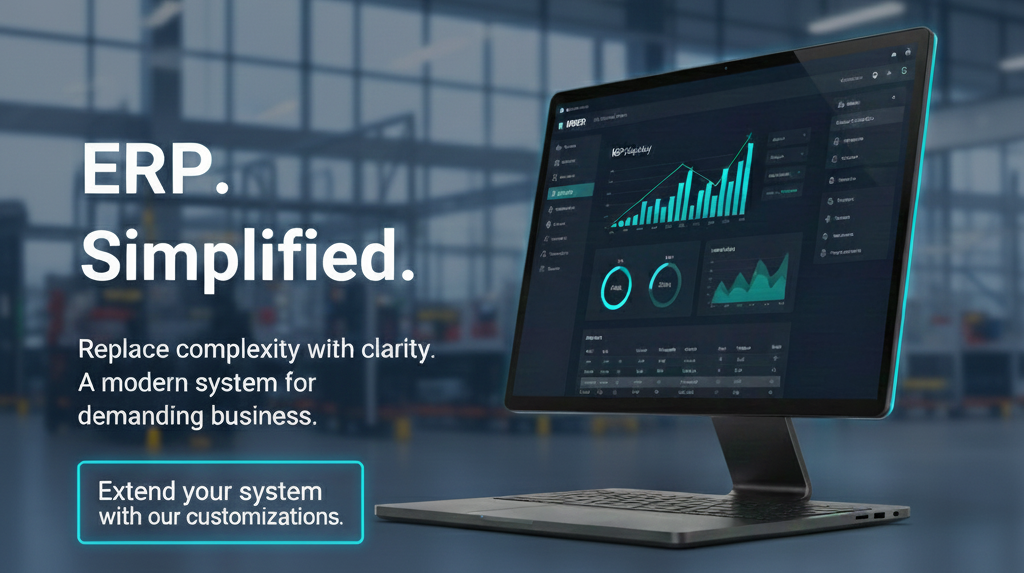Data Governance in IFS Cloud
Quality, Security, and Compliance without the fluff.
Implementing IFS Cloud without a solid data governance plan is like building a skyscraper on sand. Data governance isn’t about bureaucracy; it’s about making sure your data works for you, ensuring accuracy, security, and utility across your organization.
Why It Matters
Without proper governance, you risk making business decisions based on outdated information, exposing sensitive data to breaches, and failing to realize the full potential of your ERP investment. Good governance turns these risks into opportunities for growth.
The Four Pillars of Success
1. Data Quality
Poor data costs millions. Essential for financial reporting and inventory management.
- Define clear data standards per area.
- Implement validation rules to prevent bad entry.
- Tip: Use the Data Quality Dashboard to monitor completeness.
2. Data Security
Protecting your most valuable asset from breaches and unauthorized access.
- Implement Role-Based Access Control (RBAC).
- Enable field-level security for sensitive info.
- Set up audit trails to track access.
3. Data Integrity
Ensuring consistency and reliability throughout the data lifecycle.
- Implement change tracking for master data.
- Automate point-in-time recovery backups.
- Use validation features to prevent corruption.
4. Data Compliance
Meeting GDPR, SOX, and industry standards to build trust.
- Document handling procedures.
- Conduct regular compliance audits.
- Train employees on data protection.
The 4‑Phase Roadmap
Phase 1: Assessment
Identify critical assets and assess risks using Data Discovery tools.
Phase 2: Design
Configure security settings and validation rules via Solution Manager.
Phase 3: Implementation
Test policies, train users, and run pilots in a staging environment.
Phase 4: Continuous Improvement
Monitor quality dashboards and refine policies regularly.
Your Governance Team
- Data Owner: Accountable (e.g., CFO).
- Data Steward: Manager (e.g., Inventory Mgr).
- Data Custodian: Tech control (e.g., IT).
- Data User: Daily user (e.g., Sales Rep).
- Accuracy Rate: >98%
- Resolution Time: ‑50%
- Security Incidents: 0
- Audit Findings: 0 Major
Common Pitfall
Resistance to Change: Users hate extra steps. Solution: Show them how automated validation saves them hours of manual fixing later.


